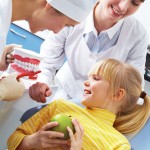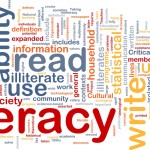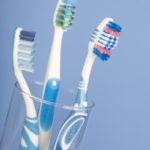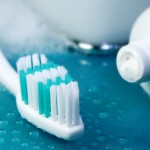
This review of the effectiveness of interventions delivered by mobile phones in improving adherence to oral hygiene advice for children and adolescents included just 2 small RCTs involving a total of 130 patients. The findings suggest that mobile phones are effective in improving adherence to oral hygiene advice in orthodontic patients.
[read the full story...]







